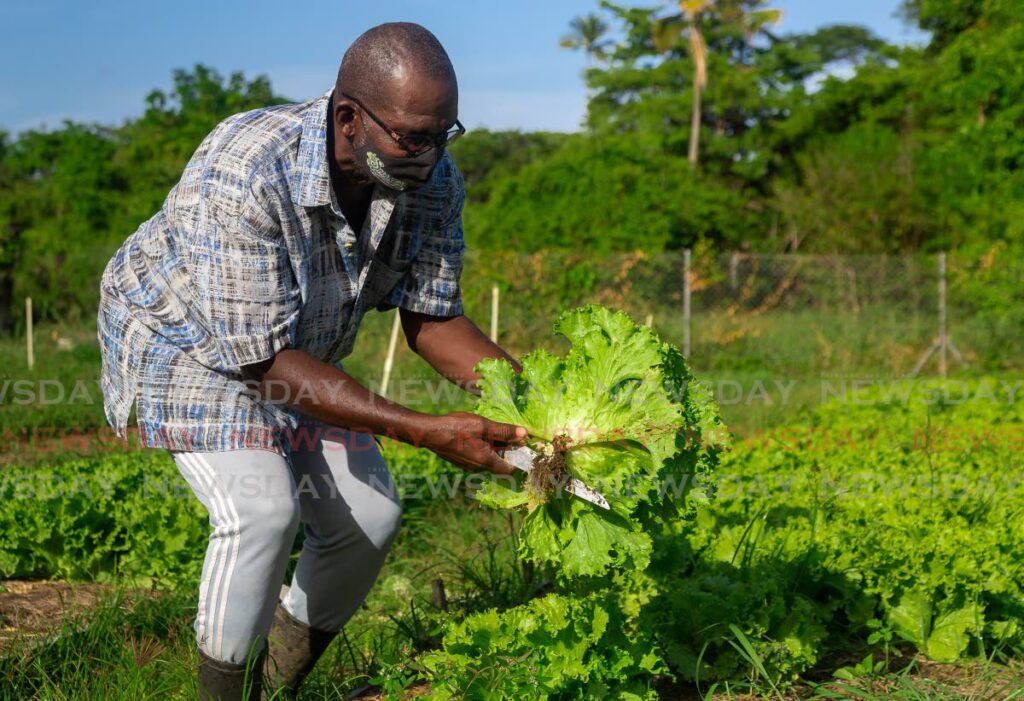Will it be a rosy Christmas?

DIANA MAHABIR-WYATT
Dr Eric Williams was a most remarkable man. He was a nicotine addict and managed every year to speak for five hours when he read the budget speech. Something Minister of Finance Colm Imbert did this week. But as far as I know, Mr Imbert did so without the added disadvantage of needing a cigarette.
I used to think Dr Williams was the living model of the national motto of "discipline."
He would pause occasionally for a sip of water but otherwise kept going without a pause.
And way back then, we would listen raptly to find out what Dr Williams and mandarins like the brilliant Frank Barsotti, Frank Rampersad and "Scotty" Lewis, who wrote the budget speech, were going to squeeze out in reply to the annual pre-budget questions from the public about: "What do you want and what are you looking for?"
The questions were more modest than the ones in the mini-surveys I read last week and kept notes, then, as now, to measure against the constant question of: What are we going to get?
Among the top five, of course, is always a reduction in the cost of food items. Dealing with crime usually comes second, followed by employment for young people.
Agriculture and employment are usually targeted, not just from the food angle, but very sensibly as a source of employment and education because people will always need to nourish their bodies and minds.
I recall in previous decades, agriculture was a definite focal point in the budget speech, brilliantly promoted by professors John Spence and Julian Kenny, until the upsurge in the economy made the importation of manufactured food from foreign countries more of a status symbol. Johnnie Walker replaced Vat19 and Carmen Jones in popularity. And even iceberg lettuce (low in nutrition but high in crunchiness) eclipsed the local garden lettuce.
Marketing and status replaced the wisdom of their recommendations. We were in the midst of a "buy local" campaign at the time. And I kept thinking: "Imagine what it must be like to go through life never having eaten a Julie mango."
I thought back to my husband’s father George Carlton Wyatt, who was born in Sint Eustatius to parents emancipated from slavery and determined to ensure their children would grow up to be educated and skilled. He was fortunate to grow up in a Dutch protectorate with a policy of education that spared no one.

Before emancipation, even the enslaved were taught to be literate and since Saba and Sint Eustatius were the twin centres of Dutch commerce in the 1800s, they were raised to be clerical workers as the Dutch were commercial traders and made sure they had well-educated workers that they did not have to pay.
After emancipation, young Wyatt left the colony and went south. He was a disciplined and capable leader and over time, became the overseer of a sugar estate in the Ste Madeleine area in Trinidad. He went on to become the vice president of the Agricultural Society, which he founded with his friend George Marryshow. This was highly unusual for a black man at the time.
There was a lot of intermingling of people from the different islands who contributed to the politics and the socio-economic development of the country, including the cocoa panylols, influencing the policies of the colonial secretariat, which was the British administrative body in charge.
Henry Warner, one of the members of the society, wrote of him: "Mr Wyatt, who is a pioneer of the formation of this society, was responsible for bringing to the notice of the authorities the necessity of helping farmers and others to produce more food crops.
"He has always pointed out that a very large sum of money was going out of the colony for vegetables such as corn and beans, to name a few, which can be produced locally.
"I think the colony owes a deep debt of gratitude to Mr Wyatt for his work in the establishment of what is now the ground provision depot."
This was written and published in 1942 in the Port of Spain Gazette from a speech given at the society's annual general meeting by its president.
Although referring to Trinidad as a "colony," which tastes strange on the tongue now and some of the names have changed, the issue of using scarce foreign exchange to import food that can easily be grown here apparently has not.
And to go by the problems experienced by people involved in private sector commerce, neither have the problems that have arisen this month by strikes in the US affecting the transport of foreign goods by air, sea or rail.
The Prime Minister warned that things would be difficult between now and 2027, which made me wonder if he knew how fortunate and rosy Mr Imbert told us on Monday that the economy already has been. Even the cost of food, I heard him say, had gone down by 9.1 per cent. He does not shop where I do, though.
I am just wondering, what with the events in the US governing transport, how the commercial sector is going to deal with Christmas?

Comments
"Will it be a rosy Christmas?"